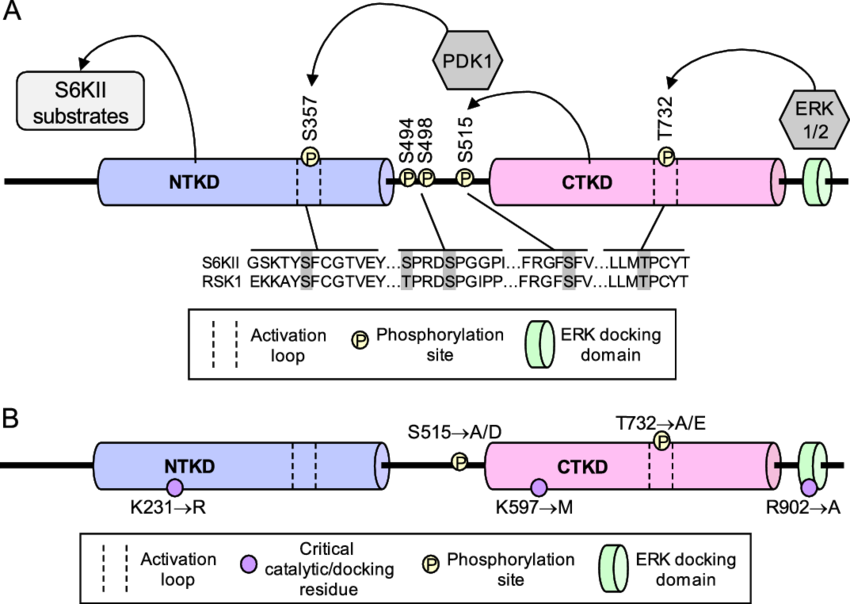A Novel Phosphorylation Site-Kinase
Protein phosphorylation is catalyzed by kinases which regulate many aspects that control death, movement, and cell growth. Identification of the phosphorylation site-specific kinase-substrate relationships (ssKSRs) is important for understanding cellular dynamics and provides a fundamental basis for further disease-related research and drug design. Although several computational methods have been developed, most of these methods mainly use local sequence of phosphorylation sites and protein-protein interactions (PPIs) to construct the prediction model.
While phosphorylation presents very complicated processes and is usually involved in various biological mechanisms, the aforementioned information is not sufficient for accurate prediction. In this study, we propose a new and powerful computational approach named KSRPred for ssKSRs prediction, by introducing a novel phosphorylation site-kinase network (pSKN) profiles that can efficiently incorporate the relationships between various protein kinases and phosphorylation sites.
The experimental results show that the pSKN profiles can efficiently improve the prediction performance in collaboration with local sequence and PPI information. Furthermore, we compare our method with the existing ssKSRs prediction tools and the results demonstrate that KSRPred can significantly improve the prediction performance compared with existing tools.

As one of the most common posttranslational modifications (PTMs) phosphorylation plays an important role in the regulation of many cellular processes, such as signal transduction, translation, and transcription. Phosphorylation is catalyzed by protein kinases and usually leads to a functional change, by changing cellular location, enzyme activity, or related to other proteins, of the target protein (substrate) [4, 5]. In human, nearly 75% of all proteins can be modified by protein kinases.
Abnormal activity of protein kinases often causes disease, especially cancer, in which protein kinases regulate many aspects that control death, movement, and cell growth [2, 7, 8]. On this point, identification of potential site-specific kinase-substrate relationships (ssKSRs) is important for understanding cellular dynamics and provides a fundamental basis for further disease-related researches and drug design.
